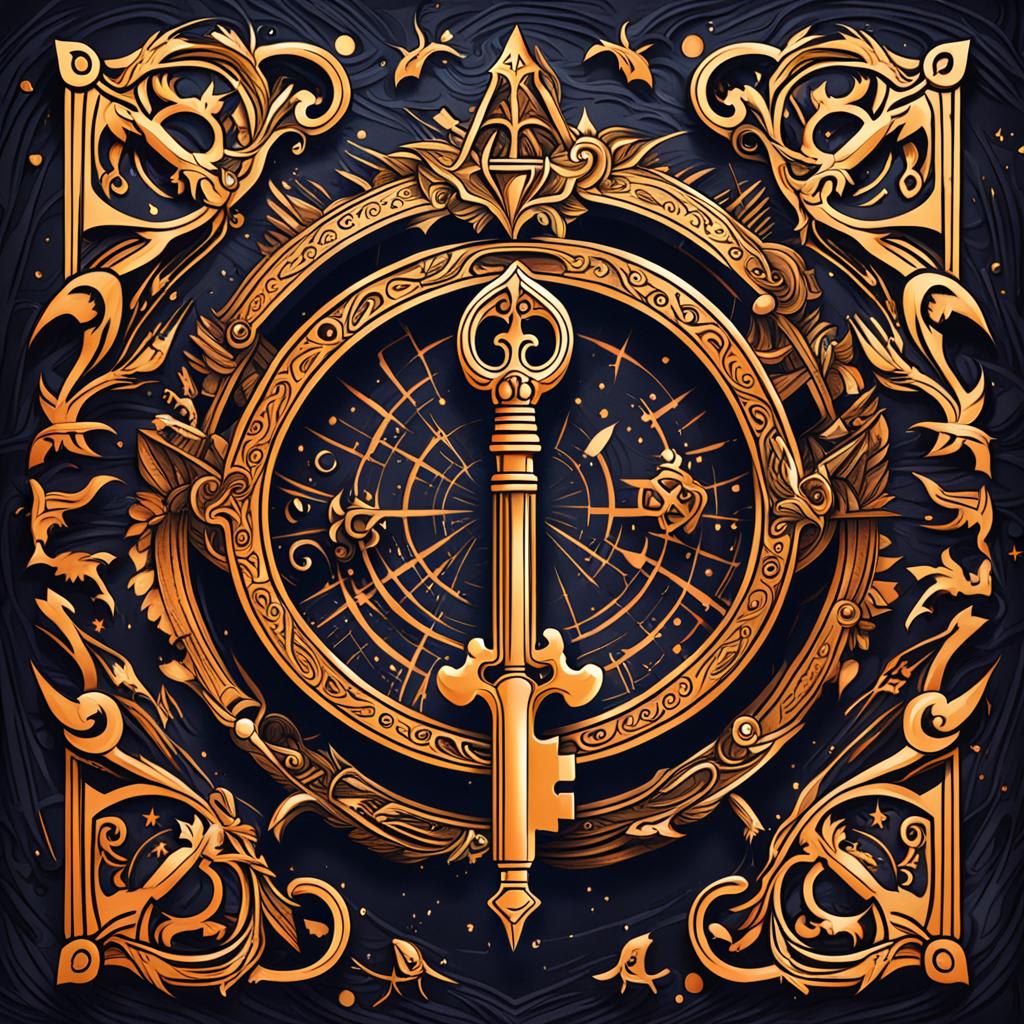Hidden in a toolbox, the ancient philosophers knew the secrets to living a happier life.
A walk down the thoughts of some of these wise philosophers.

A toolbox from antiquity
Nicolas Lisimachio wrote a book titled 'They understood everything", in which the author describes Ancient Philosophy as "a toolbox, useful for repairing or improving the mechanisms of our lives", and as "essential for our well-being".
Humankind's deep yearning for happiness is as old as human life itself. We all desire to make our existence as happy as possible. Yet what meaning can we give to it? These have become urgent and relevant questions that are more topical than ever in a world where time seems to be speeding up.
Our lives are under immense pressure as our quest for happiness is being thwarted by the growing societal and personal pressures. From the imperative of productivity, the isolation caused by the Covid-19 pandemic, and anxieties about the geopolitical and environmental situations of the world, have changed the direction of our thoughts and actions.
There are many solutions which exist to dissipate this anxiety or discomfort. Activities like practicing yoga, talking to a shrink, or searching for help from a coach... But did you know that the philosophy of Antiquity offers a lot of advice that is still up to date to improve your life?
More than 2,000 years ago, a series of principles of life were defended by Greek or Roman thinkers which could still continue to serve as benchmarks for us today:
Introspection
- We must begin by asking ourselves who and what we are. It's a necessary introspection because, as Socrates said, "a life without examination is not worth living".
Overcoming prejudices
This work on oneself also benefits one's vision of the outside world, since it allows a person to overcome their preconceived notions and prejudices. There is nothing like reconciling with others and with your environment!
We may begin by breaking free from what does not depend on us. For the Stoics, a happy existence involves freeing ourselves from what does not depend on us. We need to get rid of the most unpleasant feelings such as fear, envy or lust, they say.
Detaching from the feelings of others is crucial.
Since we can only control our own life, it is also important to detach ourselves from other people's negative feelings towards us, such as anger, jealousy, or simply fear of their judgment.
Accept what must be.
Stoic happiness consists of accepting what must be and in deciding to act only on the things that one can influence. As Epictetus wrote: "Let those who want to be free, therefore abstain from wanting what does not depend on them alone; otherwise, inevitably, they will be slaves".
Channeling your desires
If you accept the things which you inevitably suffer from, you cultivate your inner strength and learn how to sacrifice some of your desires. Channeling your desires allows you to suffer less if you cannot eliminate them.
The importance of friends
Friendship is both healthy and necessary according to ancient philosophers. As Marc-Aurèle wrote in the 2nd century AD: "Men (people) are made for each other, to instruct them or support them".
Do not fear death while living your life
Death is inevitable and its apprehension can spoil the time we have to live. The best antidote for the Ancients is to live one's life to the fullest. A happy and full existence neutralizes the anguish of death, they say.
Take time for things
A recommendation that is more relevant than ever in our fast-paced societies: we must take time so as not to have the impression of running out of it. In the words of Seneca: "We have not been given a short life, but we make it short".
Have a healthy lifestyle
Good health is the foundation of a happy life. The Ancients were keen on sports, healthy eating, and regular contact with nature.
Do not confuse facts with opinions
Finally, the Ancient philosophers have a wise piece of advice regarding the proliferation of fake news: Be able to distinguish facts from opinions. For the philosophers of Antiquity, facts are the manifestation of truth, while opinions have no value as such.
...................................................
Excerpts from Story by Zeleb.es
Showbizz Daily (English)
About the Creator
Novel Allen
Clouds come floating into my life, no longer to carry rain or usher storm, but to add color to my sunset sky. ~~ Rabindranath Tagore~~






Comments (1)
Detachment and acceptance are two things that I struggle with 🥺